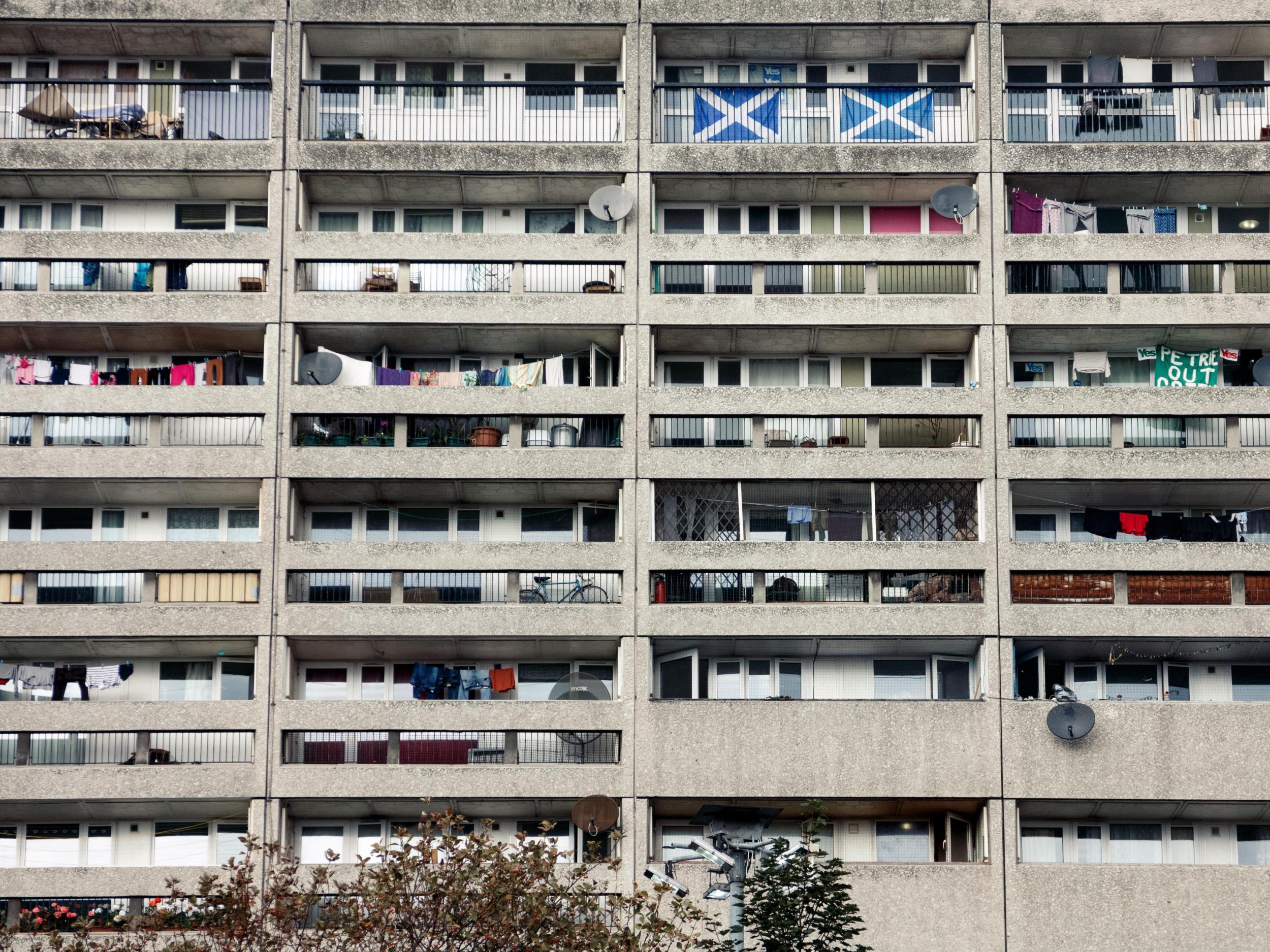One in five people in Scotland now live in poverty – here's what's being done to tackle it
The good news to this disturbing figure is that a strategy is in place to address some serious problems, including an end to child poverty by 2030

Poverty is an opportunity, at least for politicians. The release of the latest annual estimates of how many people in Scotland are living in poverty – a disturbing 20 per cent – provides yet another opportunity for politicians to blame other politicians for a problem. Holyrood blames Westminster, Westminster blames Holyrood – and those outside of government blame those who wield the power.
There are always people ready to embrace and celebrate poverty. Franciscan friars take a vow of poverty, and on occasion a media-hungry celebrity may choose a short period of living in poverty to make a point. And those reflecting on national sporting failings are prone to lament the lack of everyday poverty, which in the old days was the “hunger” that drove our sporting heroes to achieve.
But exceptions and distractions aside, poverty in the 21st century should be viewed as a national disgrace. It is pernicious – restricting opportunity, preventing people from reaching their potential and making life tougher and more fragile for those unlucky enough to encounter it. We should not forget that in these uncertain times of austerity, the UK is still one of the world’s largest economies, with some projections suggesting that it will remain a top ten global economy until at least 2050.
What then are we to make of the latest estimate that one million people in Scotland are living in relative poverty – that is, after housing costs, they are left with a household income that is below 60 per cent of the national median? Can the fifth annual increase in the number of people in Scotland who are living this way be viewed as anything other than a problem?
We could take an historical perspective and point to evidence that suggests that things are not as bad now as they were just before the turn of the millennium. The proportion of people in Scotland living in poverty has fluctuated at about 18 to 19 per cent for the last decade, whereas it ranged between 23 and 34 per cent in the 1990s. We might have just crept up over the one million mark according to the latest data, but we were always uncomfortably above one million at the end of the 20th century.
We could take a comparative perspective and point to evidence that suggests things are not as bad in Scotland as they are in the rest of the UK. On the same day that the Scottish government published its figures, the latest round of UK estimates were published by the Department for Work and Pensions. This shows that poverty is slightly lower in Scotland than in Wales, Northern Ireland and England as a whole – with only some parts of southern England outside London having comparable rates to Scotland.
But we still need a reality check. Better than bad is not good. A little bit less (in terms of numbers living in poverty) is nothing to celebrate. A staggering one-fifth of Scotland’s population living below the poverty line is worth getting angry about.
The upside about the one million living in poverty in Scotland is that the country is actively doing something about it. Reducing poverty is not being left to the fanciful notion that a growing economy will cascade financial wellbeing throughout the land – or the equivalent myth that increasing poverty must be accepted as a fact of life when the economic climate is tough.
The Child Poverty (Scotland) Act received royal assent on 18 December 2017. Not so much an early Christmas present for Scotland’s children, but more advance notice of one to come by 2030 when child poverty in Scotland is to be eradicated. Sound familiar? It should.
The UK had a similar goal until it was withdrawn in 2016 with the passing of the Welfare Reform and Work Act. When the UK government reneged on the Child Poverty Act 2010 with its goal of eradicating child poverty in the UK by 2020, Scotland dissented and set about introducing an equivalent goal for Scotland.
In advance of this Scottish Act being passed, a Poverty and Inequality Commission had already been established. It recently advised the Scottish government that making social security live up to its name, making work pay and reducing housing costs to the least well-off should be the key ingredients of a child poverty strategy. At the same time, it argued that steps to bolster the quality of life of children living with poverty should not be overlooked in the quest to reduce the numbers.
The Scottish government responded with Every Child, Every Chance, its first delivery plan for 2018/22, working towards achieving the 2030 goal of eradicating child poverty in Scotland. New action on work and earnings, reducing the cost of living, social security and new forms of partnership working are all outlined in a comprehensive programme.
John H McKendrick is a chair professor at Glasgow Caledonian University. This article was originally published on The Conversation (theconversation.com)
Subscribe to Independent Premium to bookmark this article
Want to bookmark your favourite articles and stories to read or reference later? Start your Independent Premium subscription today.

Join our commenting forum
Join thought-provoking conversations, follow other Independent readers and see their replies